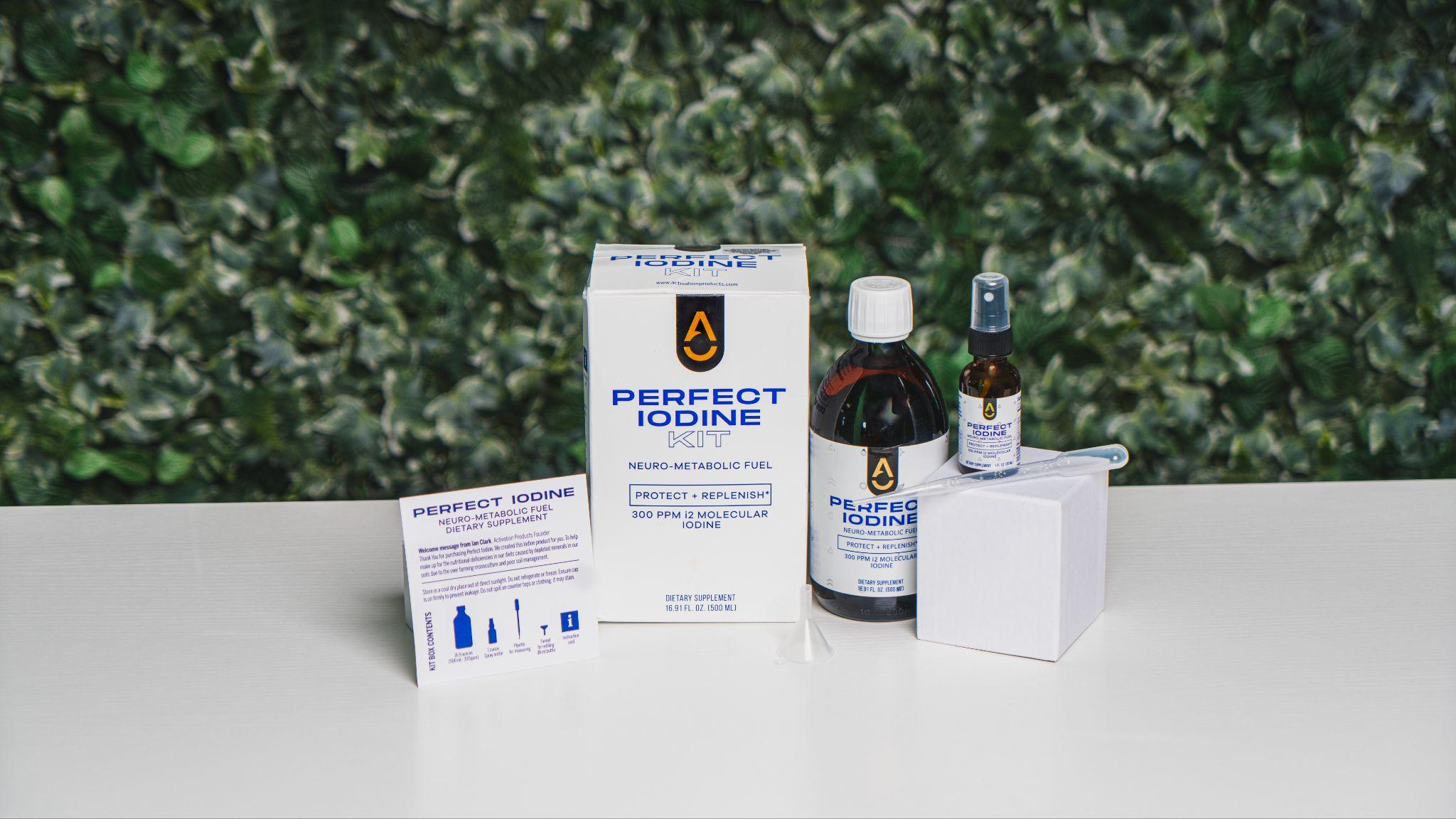
For years, fats have been misunderstood, often blamed for weight gain and heart disease.
However, not all fats are created equal, and many play a crucial role in supporting overall health. Understanding the types of fats—and which ones to include or avoid—can transform your diet and well-being.
Why Fats Matter for Your Diet
Fats are an essential macronutrient, critical for:
-
Energy: Fats provide a slow-burning energy source to fuel your body throughout the day.
-
Nutrient Absorption: Vitamins A, D, E, and K are fat-soluble, meaning they need fats to be absorbed properly.
- Cell Structure: Fats are necessary for building and maintaining healthy cell membranes, which are vital for overall body function.

The Bad Fats: Limit or Avoid
Some fats should be consumed in moderation or avoided altogether:
-
Saturated fats: Found in animal products like butter and red meat. While not as harmful as once thought, it’s best to consume these in moderation, as high amounts can still impact heart health.
- Trans fats: These are artificially created through hydrogenation and found in many processed foods. Trans fats increase the risk of heart disease and should be avoided whenever possible.
The Good Fats: Essential for Health
Healthy fats are vital for brain function, hormone production, and cellular health.
They include:
-
Monounsaturated fats: Found in olive oil, avocados, and nuts, these fats improve heart health and reduce inflammation.
- Polyunsaturated fats: Including omega-3 and omega-6 fatty acids, found in fatty fish, flaxseeds, and walnuts, these are essential for brain health and reduce the risk of chronic diseases.
Tip: Polyunsaturated fats like omega-3s are especially important because your body can’t produce them on its own, so you need to get them from food or supplements.

How to Incorporate Healthy Fats into Your Diet
To ensure you're getting the right balance of fats, aim to:
-
Include a variety of healthy fat sources: Nuts, seeds, avocados, fatty fish, and high-quality oils should be a regular part of your diet.
-
Limit processed foods: Processed foods are often loaded with trans fats and unhealthy oils. Focus on whole, unprocessed foods to minimize these harmful fats.
- Cook with healthy oils: Use olive oil or coconut oil when cooking, and try adding cold-pressed oils, like Five Seed Blend, to salads or smoothies for an extra nutritional boost.

The Essential Blend: Five Seed Blend for Balanced Nutrition
This blend combines the power of five nutrient-rich seeds
- Flax…
- Sunflower…
- Pumpkin…
- Sesame…
- Coriander.
Rich in omega-3 and omega-6 fatty acids, Five Seed Blend delivers the ideal balance of healthy fats that support brain function, reduce inflammation, and improve heart health.
Adding Five Seed Blend to your daily routine is easy. Mix it into smoothies, drizzle over salads, or use it as a finishing oil on roasted vegetables to enhance flavor and nutrition.
Final Thoughts
Understanding the different types of fats and their impact on your health is essential for creating a balanced, nourishing diet.
By prioritizing healthy fats and avoiding harmful trans fats, you can support your heart, brain, and overall well-being.






Unlock Healthy Weight Loss: 6 Natural Tips to Shed Pounds (Of Fat!) and Keep Them Off
Parasite Cleanse: How Solaris Can Help You Eliminate Parasites Naturally (And Comfortably!)